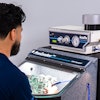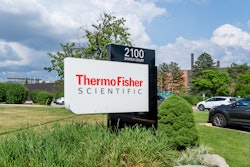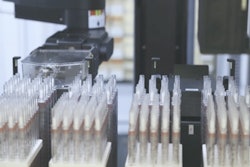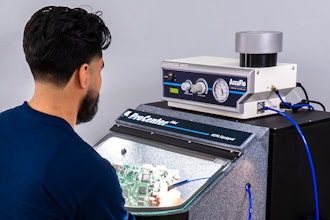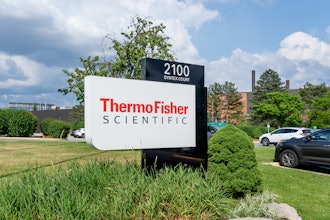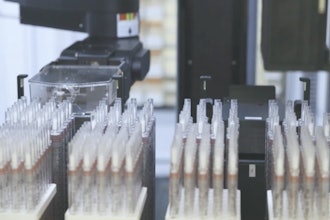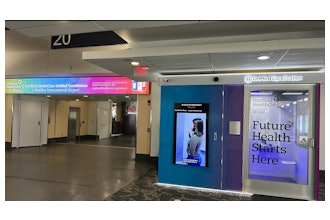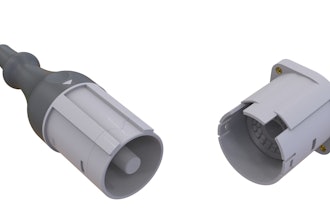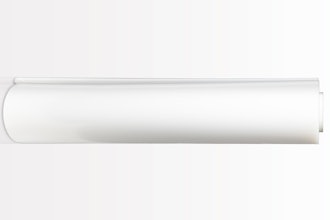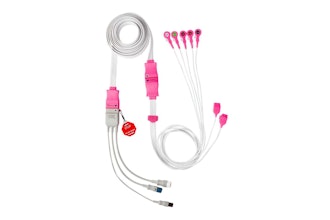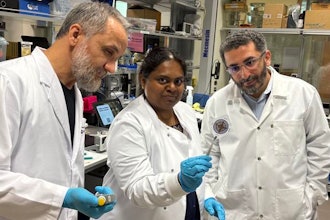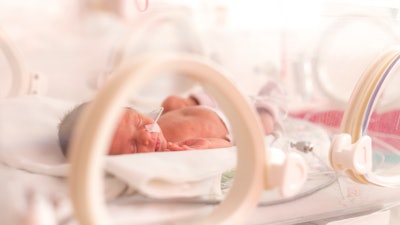
The U.S. Food and Drug Administration is informing health care providers and facilities about the potential for exposure to airborne chemicals that may be released from neonatal incubators. The FDA is evaluating published literature that reports elevated levels of formaldehyde, cyclohexanone, and other volatile chemicals (such as human-made chemicals used and produced in manufacturing) from neonatal incubators. Potential sources of these airborne chemicals include materials used to make neonatal incubators as well as natural and human-made sources external to the incubator.
The FDA is working with manufacturers of neonatal incubators to collect and evaluate data from their products to determine whether these airborne chemicals are released, and if so, the amount of exposure and the potential risks to health from such exposure, if any, for newborns and others (such as health care providers). Currently, the FDA is not aware of any reported adverse events related to the use of neonatal incubators and exposure to these airborne chemicals.
Recommendations
At this time, the FDA has the following recommendations for health care providers and facilities:
- Continue to use neonatal incubators. The FDA recognizes that incubators are critical for neonates (infants less than four weeks old) that cannot maintain their body temperature.
- Be aware that the FDA is working with manufacturers to understand the potential for exposure to airborne chemicals (formaldehyde, cyclohexanone, and other volatile chemicals) that may be released from neonatal incubators, potential health risks, and mitigation strategies, if needed. Remain alert for further updates and recommendations from the FDA and neonatal incubator manufacturers.
- Review your current plan for proper air ventilation in neonatal settings.
- While the FDA further evaluates this issue, as an interim precautionary measure, consider running new neonatal incubators prior to use with patients for a week in a well-ventilated space using clinically relevant conditions for temperature and humidity, as the release of these airborne chemicals may decline over time.
- Follow the neonatal incubator manufacturer’s instructions for use, including disinfection and cleaning, prior to first use with patients.
- Report any issues with neonatal incubators to the FDA.
FDA Actions
The FDA is working with neonatal incubator manufacturers and external stakeholders to conduct additional testing for these airborne chemicals to further evaluate this issue. As additional data and analysis are completed, the FDA will work with manufacturers to determine if mitigation strategies are needed. The FDA will inform the public when significant new information or recommendations become available.


